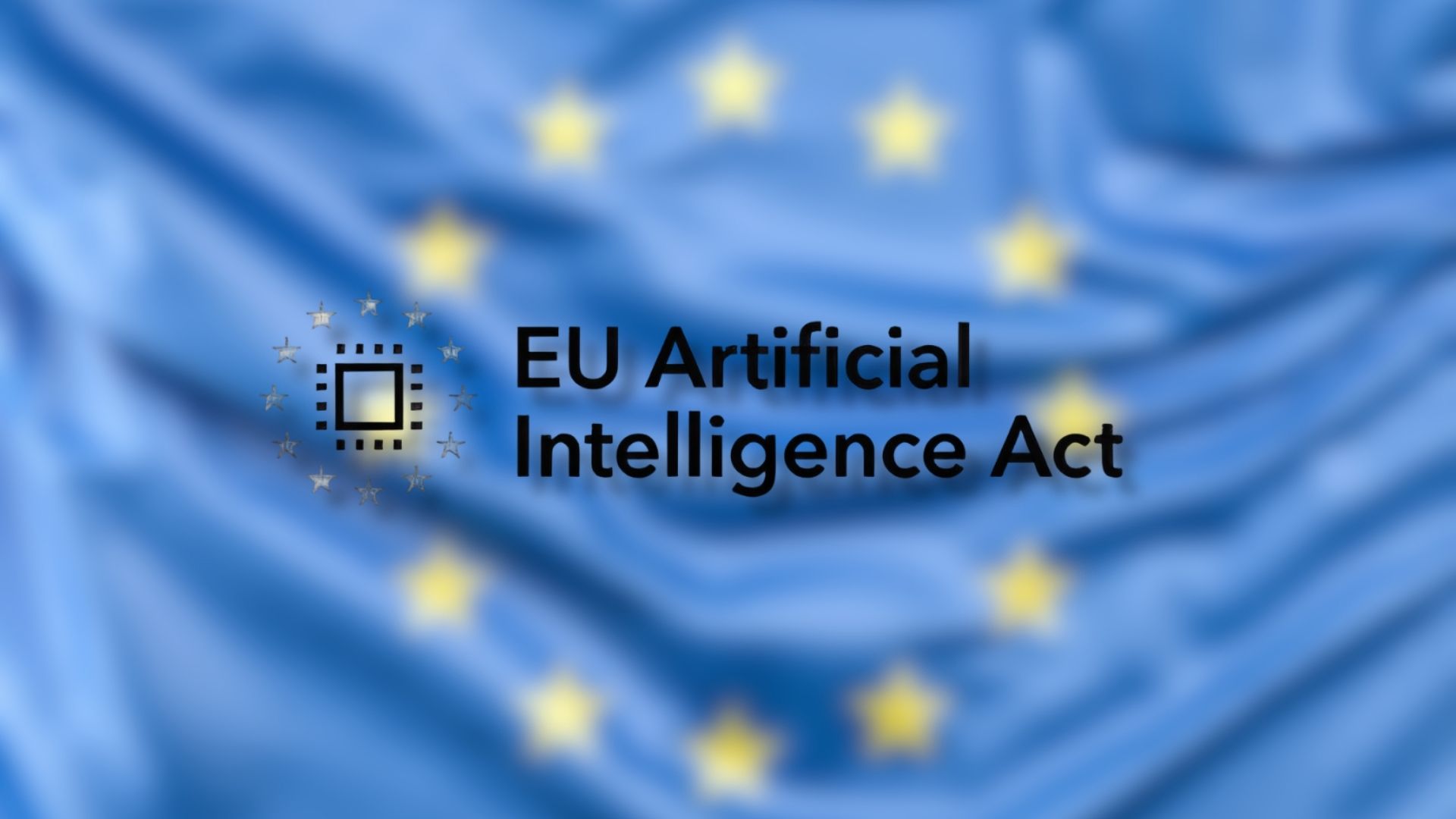A leading British think tank has urged the government to introduce ‘nutrition labels’ for AI-generated news, arguing that clearer rules are needed as AI becomes a dominant source of information.
The Institute for Public Policy Research said AI firms are increasingly acting as new gatekeepers of the internet and must pay publishers for the journalism that shapes their output.
The group recommended standardised labels showing which sources underpin AI-generated answers, instead of leaving users unsure about the origin or reliability of the material they read.
It also called for a formal licensing system in the UK that would allow publishers to negotiate directly with technology companies over the use of their content. The move comes as a growing share of the public turns to AI for news, while Google’s AI summaries reach billions each month.
IPPR’s study found that some AI platforms rely heavily on content from outlets with licensing agreements, such as the Guardian and the Financial Times, while others, like the BBC, appear far less often due to restrictions on scraping.
The think tank warned that such patterns could weaken media plurality by sidelining local and smaller publishers instead of supporting a balanced ecosystem. It added that Google’s search summaries have already reduced traffic to news websites by providing answers before users click through.
The report said public funding should help sustain investigative and local journalism as AI tools expand. OpenAI responded that its products highlight sources and provide links to publishers, arguing that careful design can strengthen trust in the information people see online.
Would you like to learn more about AI, tech and digital diplomacy? If so, ask our Diplo chatbot!










